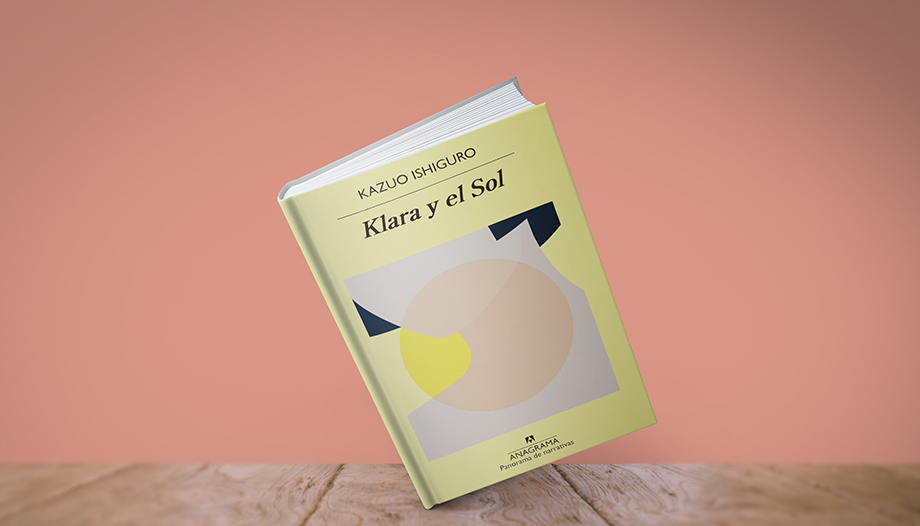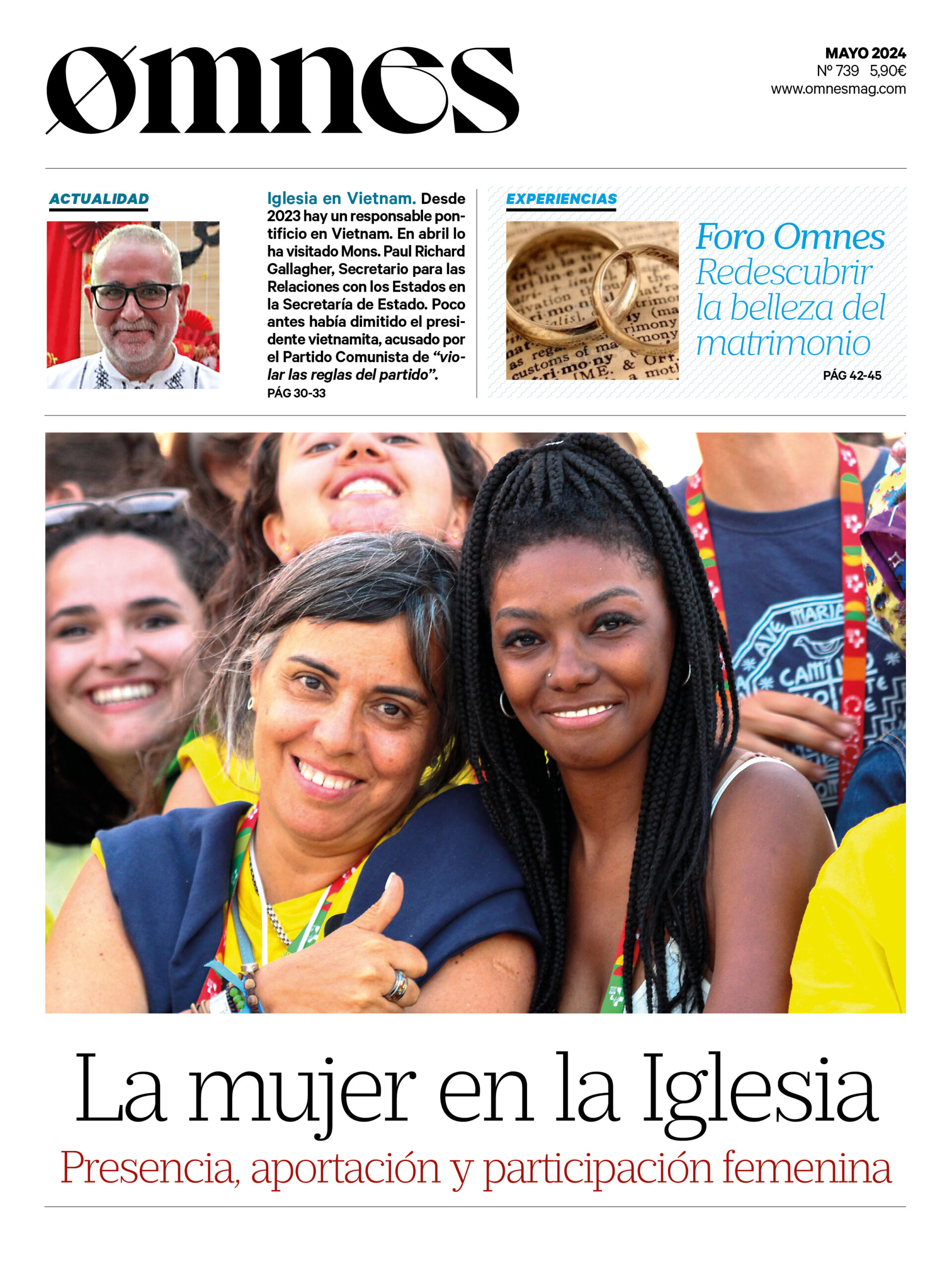Klara is an empathetic robot with a great capacity for learning. She is waiting at the back of the store, eager to be moved to the display case for someone to pick her out. Finally, Josie, a 14-year-old girl with an illness that is robbing her of her strength, notices her. She wants to make her her best friend. Her mother agrees and they buy her; however, she seems to have a second intention, or rather a dilemma: when her daughter dies, would it be possible for the robot to replace her, imitating her in everything so exactly that it could become the "continuation" of her daughter?
The basic question posed in Kazuo Ishiguro's (1954) latest novel, "Klara and the sun"(2021), has troubled many philosophers: What is the human being, what is it that makes us unique and unrepeatable?
For the Frenchman René Descartes (1596-1650), man is his consciousness. According to him, it would be possible to divide the world between res cogitans (thinking substance or consciousness) and res extensa (extensive substance, the body). This separation of man between consciousness and "the rest" laid the foundations for some to define us as "a consciousness that is master of its body".
The novel does not go into these depths, but the vacillations of the mother, her ex-husband, the scientist who is hired to help Klara in her task of imitation, etc., turn our stomachs. We are left with the following discussion: Is there a principle that reconciles consciousness and body? The German philosopher Robert Spaemann (1927-2018), for example, proposed that the key to overcoming this dissociation is to remember that man is a living being, since life is exteriority and interiority at the same time. Life as a principle of unity of the human being can be a way to resolve the above perplexities.
Also surprising is the point of view of the narrative. Ishiguro writes from the perspective of the robot's consciousness. Klara's "thoughts" gradually shed light on the discussion of our identity. She strives to get to know Josie, but gradually realizes that in the girl there is an invisible, distant background that might be impossible to reach, let alone imitate. It is what humans call heart. For this reason, Klara will put all her energies into taking the best possible care of Josie, so that she will be cured and will not need to be "continued" or "replaced".
The novel "Klara and the sun"moves us to reflect on the essence of man, the meaning of life, the quality of our relationships, love and all that nonsense that makes us unique and irreplaceable.












